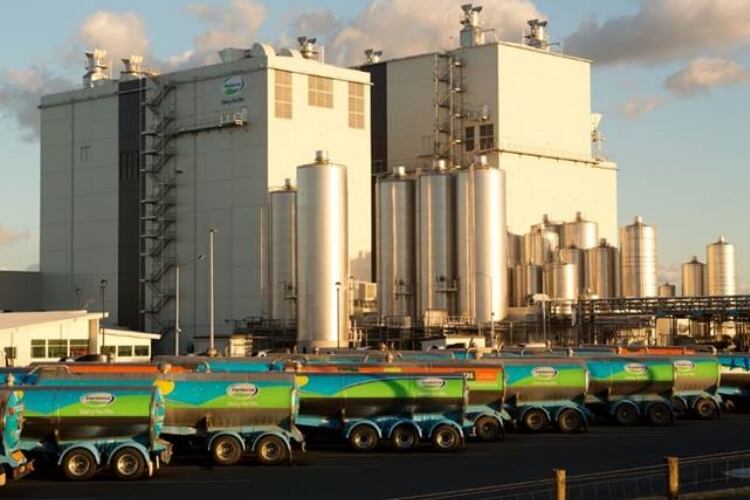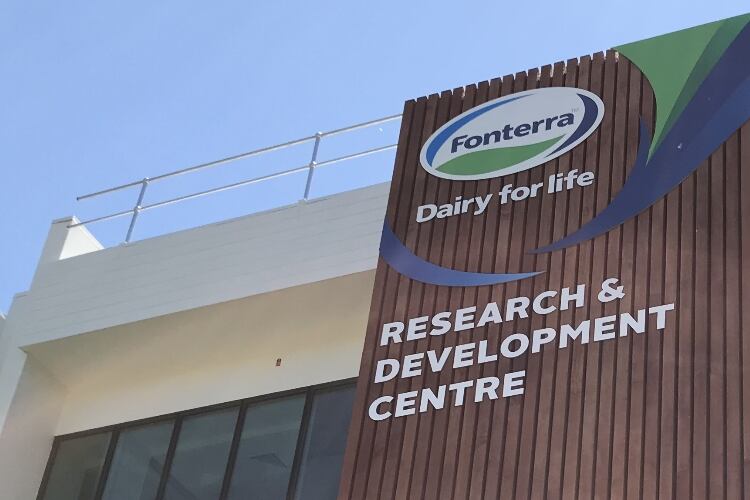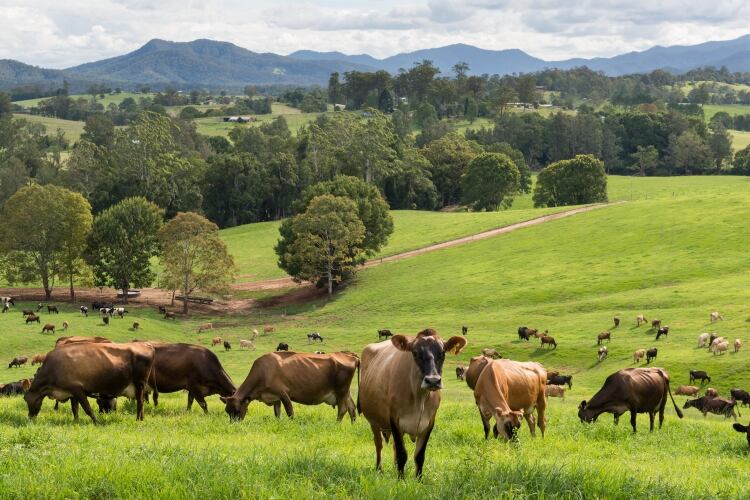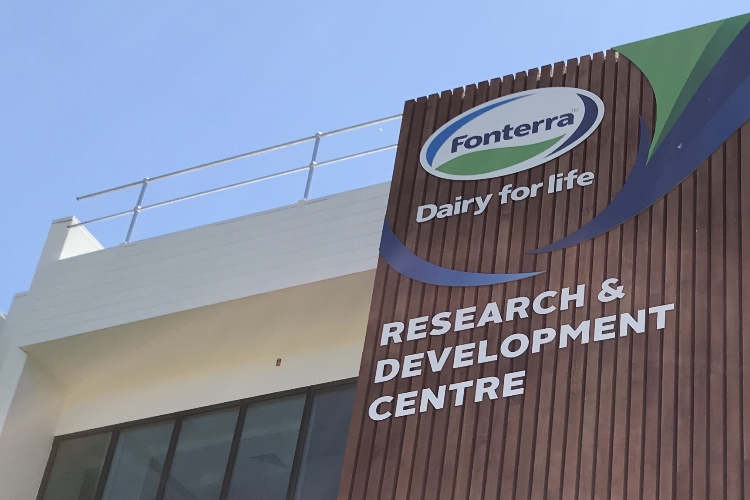As part of its own commitments, the cooperative also announced it has put a stop to installing any new coal boilers or increasing capacity to burn coal.
Fonterra said it is committed to doing its bit in New Zealand’s transition to a low carbon future and will work with Government, researchers and the wider agriculture industry to get farmers the practical help they will need to meet any new targets.
Fonterra CEO Miles Hurrell said, “Kiwi farmers are already some of the most emission efficient producers of milk in the world, but the fact is that nearly half of New Zealand’s greenhouse gases come from the wider agriculture sector.
“Our actions today will keep New Zealand at the forefront of sustainable food production. We know this means some of the ways we farm will need to change. Fonterra farmers are adaptable and resourceful people. Once set a clear science-based target, they will want to get on with the job and the Co-op will be there to support them.
“It’s not going to be easy. It will require farmers, industry, Government and researchers to all pitch-in and jointly develop innovative, yet practical solutions for New Zealand’s emissions reduction challenges. The increased investment in R&D signalled by the Government and industry is key to bringing new innovations to life.”
Fonterra said it shares DairyNZ’s view that the 2030 methane target, to reduce gross emissions of biogenic methane emissions to 10% below 2017 levels by 2030, was ambitious, but could be reached with the help of a range of new ideas and tools that needed to be developed and put in the hands of farmers. It says the 2050 target of between 24% and 47% below 2017 levels should be based on official scientific advice and set at the lower end of the proposed range and regularly reviewed against the science and options available to farmers.
“Climate change is a challenge for every New Zealander. Collectively we must continue to address our use of fossil fuels in transport and manufacturing, as well as find a way to manage and mitigate animal emissions,” Hurrell said.
“Agriculture depends upon a stable global climate, so there’s no shortage of motivation for us. Fonterra has a strong appetite to do its bit alongside the rest of New Zealand to reduce climate pollution.”
The coop also acknowledged the Government for supporting further discussion on the agriculture sector’s proposal to establish an emissions pricing system by 2025, funded through levy organizations like DairyNZ.
Fonterra Shareholders’ Council chairman Duncan Coull said, “Farmers will naturally have some apprehension, but we’re up for the challenge. Fonterra’s farmers have a proud history of being at the forefront of innovation and won’t shy away from this.
“Business as usual is not compatible with New Zealand’s commitments under the Paris Agreement and dairy farmers need to contribute their share to the efforts of the wider economy.“
Coull warned, however, that regulations must be, “fair and drafted with care not to jeopardize our comparative advantage in global export markets. I’m a firm believer that science and technology will provide solutions over time. Therefore, it is imperative that regulation doesn’t get too far ahead of the scientific solutions.
“Given the magnitude of change I would also call for wider industry collaboration to ensure we always act in the best interests of our farmers and caution against industry politics getting in the way of such an important issue for us all.”
Fonterra targets:
• Reducing emissions by 30% across all its manufacturing operations by 2030 and achieving net zero by 2050;
• Reducing water use by 20% across manufacturing sites by 2020;
• A tailored Farm Environment Plan for every Fonterra farmer by 2025;
• 100% recyclable, reusable and compostable packaging by 2025;
• Powering its Stirling site in Otago with electricity rather than coal.
Reduced coal commitment
Fonterra is shaving 11 years off its coal target, as it announces a new commitment to reduce its reliance on coal.
Robert Spurway, chief operating officer for global operations, says that from today Fonterra will not install any new coal boilers or increase capacity to burn coal.
“One of the emerging themes in our strategy review is that sustainability will be at the heart of everything we do. As part of this, we want to step up our efforts to help New Zealand transition to a zero-carbon economy,” Spurway said.
“Our farmer owners are already some of the most efficient producers of milk in the world. We need to match them in making sure our manufacturing operations and wider supply chain are as efficient as possible.”
But Spurway noted getting out of coal is not as easy as flicking a switch.
“Transitioning Fonterra’s sites away from coal requires a staged approach. We’re determined to go as fast as we can but there are a number of practical challenges we have to overcome.
“For example, right now New Zealand’s energy infrastructure in some parts of the country simply isn’t set up to handle our requirements. Either there aren’t alternatives to coal available or, if there are, they are not at the scale needed.
“There are also cost challenges. Transitioning to cleaner fuels will require additional investment and we need to balance this with remaining competitive. It’s right to take a staged approach.”
Spurway said more can be achieved through partnerships and business working together, like the Climate Leaders Coalition and Sustainable Business Council, to find ways to achieve a zero-carbon economy.
Fonterra said its manufacturing operations are on track to meet its targets to reduce emissions by 30% across all its operations by 2030 and achieve net zero by 2050.
Fonterra has 32 manufacturing sites across the country, of which about 40% of its current processing energy is from coal. The rest is from natural gas, electricity and wood.




